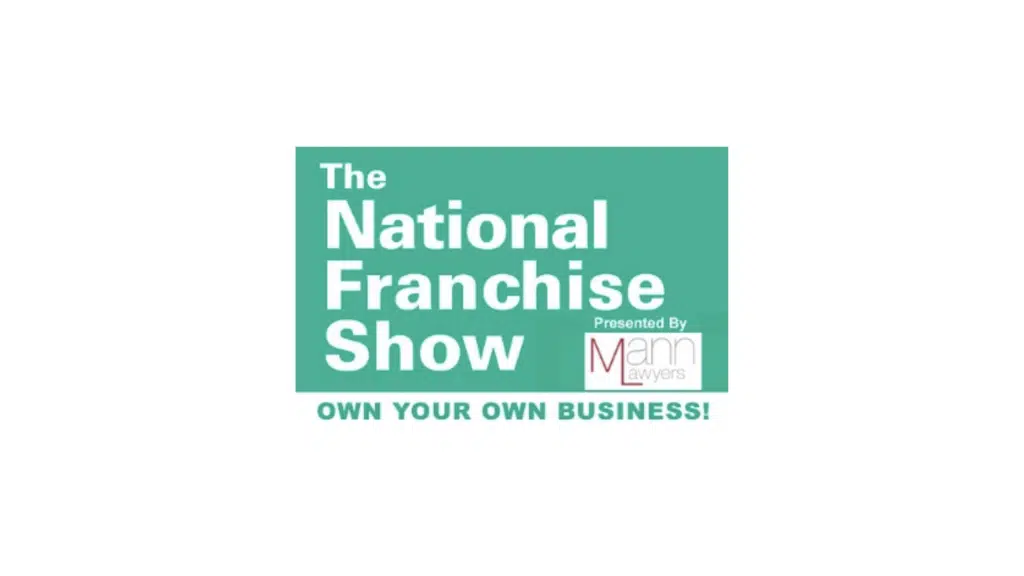Our Not-for-Profit and Charity Law team has extensive experience assisting large and small organizations in a variety of sectors with navigating the complex legal and regulatory framework unique to not-for-profits and charities.
We offer our full range of services to not-for-profits and charities, including as to employment law, real estate and litigation. In addition, we offer the kind of specialized services that these distinct organizations require, including as to governance, regulatory requirements and compliance. We can assist not-for-profits and charities in respect of matters involving the Public Guardian and Trustee or the Charities Directorate. We are currently assisting clients with their transitions to the Not-for-Profit Corporations Act (Ontario) or ONCA.
Whether you are contemplating starting a not-for-profit or charity or are part of a long-standing organization, we are available to assist.
Services
We advise existing and yet to be established not-for-profits and charities on a wide range of legal issues including:
- Incorporation, Supplementary Letters Patent, Articles of Amendment, and other organizational documents;
- By-law creation and revisions (including transitioning into force of the new Not-for-Profit Corporations Act, 2010 (Ontario) (ONCA);
- Charitable registration;
- Annual governance, minute book maintenance and annual general meetings;
- Special meetings and special business, including member or director terminations;
- Controversial issues or disputes among directors or members;
- General contract preparation, negotiation and review (including fundraising and employment/contractor agreements);
- Advice regarding compliance with governing statutes, including the Canada Not-for-Profit Corporations Act, the Not-for-Profit Corporations Act (Ontario), the Cooperative Corporations Act and the Boards of Trade Act;
- Director roles, rights, and obligations;
- Member roles, rights, and obligations;
- Regulatory and compliance matters, including as to the obligations of registered charities;
- Risk management;
- Privacy policies and terms of service;
- Commercial lease preparation, negotiation and review;
- Trade name registration;
- Amalgamation, dissolution and revocation of charitable status.
No matter the service, we work directly with our clients throughout the process to ensure that they are fully informed and involved.
Incorporation
Incorporating a not-for-profit can involve challenging decisions. At the start of a new endeavour, decisions such as whether to incorporate provincially or federally and how to structure the corporation, including as to the board of directors and membership, may significantly impact the organization in the future. Whether our clients are new to the sector or have experience incorporating a not-for-profit, we have the right expertise to assist them in developing a corporate structure that reflects their unique needs.
Maintaining Good Corporate Governance
Operating a not-for-profit or charity requires a thorough understanding of the legal landscape. Our knowledgeable Not-for-Profit and Charity Law team is committed to keeping up to date with current legislation and judicial decisions, conducting careful analyses and providing in-depth information and service so that each of our clients can confidently maintain compliance in all aspects of corporate governance. We assist with governance reviews, advise on governance requirements and best practices, annual general meetings, annual reports, resolutions, and minute book maintenance and have extensive experience in drafting, maintaining, and amending by-laws, articles of incorporation and letters patent.
Charitable Registration
Registering a charity can be a complicated process and involves a lot of specialized considerations. We are available to assist our clients with all aspects of applying for registration, including drafting or review of charitable purposes and activities or assistance with the entire registration process. If you have already applied for charitable registration and were unsuccessful, we are also happy to assist you with response to CRA requests or to assist you with revising your application for re-submission.
Governance Review
It is a best practice for a not-for-profit or registered charity to periodically review its constating documents and governance practices, including its Articles of Incorporation/Letters Patent, by-laws and policies. We are happy to review these documents for compliance with governing legislation, compliance with regulatory requirements and best practices in terms of corporate governance – and to assist you with making any required updates to promote effective governance.
Compliance Review
Not-for-profits and charities often have questions regarding their obligations in respect of statutes and regulatory requirements, including Canadian Anti-Spam Legislation and the CRTC, the Charities Accounting Act, the Public Guardian and Trustee and the Charities Directorate of the Canada Revenue Agency. We are available to assist with these inquiries.
Policy Review and Drafting
Not-for-profits and charities require suites of policies in respect of both governance and operations, including as to terms of reference for committees, conflicts of interest, board governance and employment matters. We are available to review current policies or to draft any policies you may require.
Other Services
Corporate regulatory and legal frameworks for not-for-profits and charities often intersect with other areas of law. Mann Lawyers is uniquely situated given the various areas of law practiced at our firm. Where appropriate, our firm’s wide array of practice areas allow our Not-for-Profit and Charity Law team to collaborate, consult, and connect with experts in various areas of law to ensure a complete and thorough analysis of each matter.
Our Real Estate, Employment, Commercial Litigation, and Estates Teams also assist not-for-profits and charities with real estate transactions, employment contracts and disputes, conflict resolution, and estates matters (including charities named as beneficiaries in a Will or Trust).
Are you a member of a not-for-profit or charity seeking legal advice?
Our clients range from small to large not-for-profits and registered charities, including cooperative corporations, public and private foundations and registered Canadian amateur athletic associations. They appreciate the client centred and efficient approach we take in providing our legal services.
For more information about our legal services relating to not-for-profits and charities, contact the Mann Lawyers Not-for-Profit and Charity Law team.










